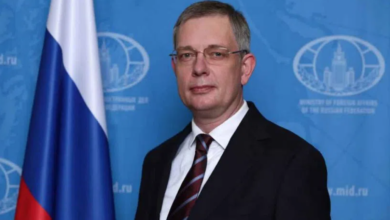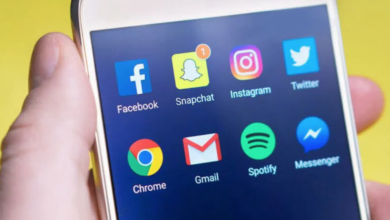Why a fake Pope picture could herald the end of humanity

For a moment the internet was fooled. An image of Pope Francis in a gleaming white, papal puffer jacket spread like wildfire across the web
Yet the likeness of the unusually dapper 86-year-old head of the Vatican was a fake. The phoney picture had been created as a joke using artificial intelligence technology, but was realistic enough to trick the untrained eye.
AI fakes are quickly spreading across social media as the popularity of machine-learning tools surges. As well as invented images, chatbot-based AI tools such as OpenAI’s ChatGPT, Google’s Bard and Microsoft’s Bing have been accused of creating a new avenue for misinformation and fake news.
These bots, trained on billions of pages of articles and millions of books, can provide convincing-sounding, human-like responses, but often make up facts – a phenomenon known in the industry as hallucinating. Some AI models have even been taught to code, unleashing the possibility they could be used for cyber attacks.
On top of fears about false news and “deep fake” images, a growing number of future gazers are concerned that AI is turning into an existential threat to humanity.
Scientists at Microsoft last month went so far as to claim one algorithm, ChatGPT-4, had “sparks of… human-level intelligence”. Sam Altman, the creator of OpenAI, the US start-up behind the ChatGPT technology, admitted in a recent interview: “We are a little bit scared of this”.
Now, a backlash against so-called “generative AI” is brewing as Silicon Valley heavyweights clash over the risks, and potentially infinite rewards, of this new technological wave.
A fortnight ago, more than 3,000 researchers, scientists and entrepreneurs including Elon Musk penned an open letter demanding a six month “pause” on development of OpenAI’s most advanced chatbot tool, a so-called “large language model”, or LLM.
“We call on all AI labs to immediately pause for at least 6 months the training of AI systems more powerful than GPT-4,” the scientists wrote. “If such a pause cannot be enacted quickly, governments should step in and institute a moratorium.”
Musk and others fear the destructive potential of AI, that an all-powerful “artificial general intelligence” could have profound dangers for humanity.
But their demand for a six-month ban on developing more advanced AI models has been met with scepticism. Yann LeCun, the top AI expert at Facebook-parent company Meta, compared the attempt to the Catholic church trying to ban the printing press.
“Imagine what could happen if the commoners get access to books,” he said on Twitter.







